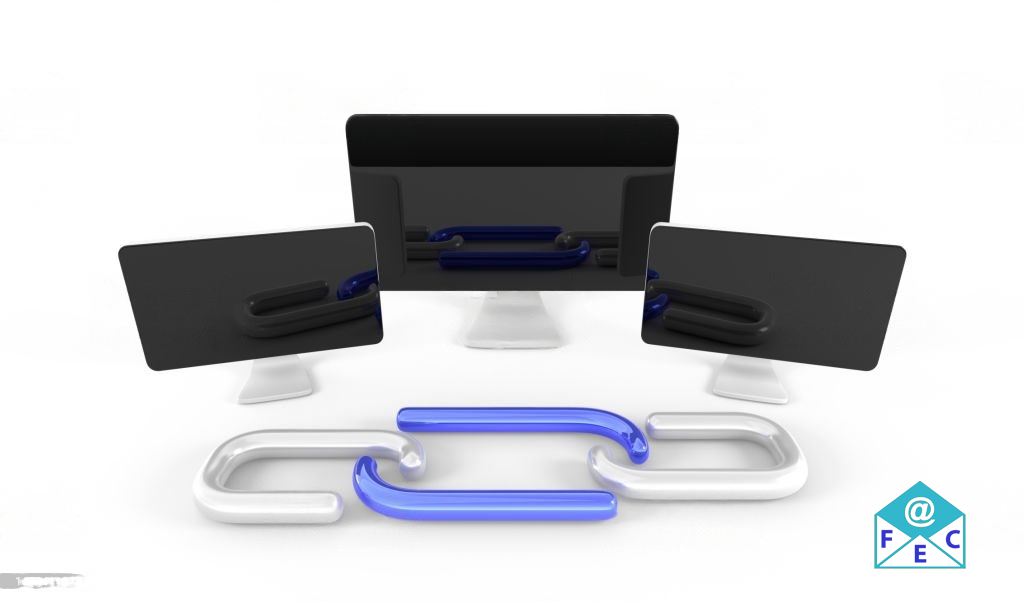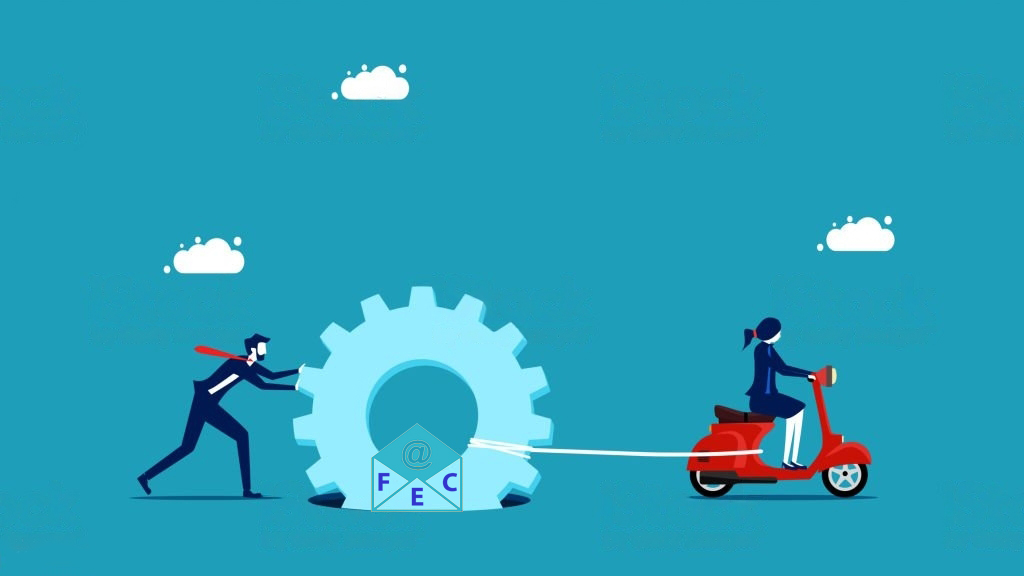Introduction
In the competitive world of digital marketing, acquiring high-quality backlinks is essential for improving your website’s authority and search engine rankings. However, there are instances where your valuable backlinks might get lost or redirected to non-existent pages, leading to a loss in potential traffic and diminishing the value of your website. This is where link reclamation strategies come into play. In this article, we will explore various techniques and best practices to reclaim lost or broken backlinks, ensuring the maximum potential for your website’s success.
Understanding Best Link Reclamation
Link reclamation is the manner of figuring out and restoring misplaced or damaged back-links that had been as soon as directed on your website. These backlinks can be valuable sources of traffic, authority, and visibility. By implementing effective link reclamation strategies, you can regain control over these links and optimize their impact on your website’s SEO.
Conducting a Link Audit

Link Reclamation Strategies
Before diving into link reclamation, it’s crucial to conduct a comprehensive link audit. This process involves analyzing your website’s existing backlink profile, identifying any broken or lost links, and understanding the reasons behind their disappearance. A link audit helps you gain insights into the current state of your backlinks and provides a solid foundation for your reclamation efforts.
Identifying Lost or Broken Backlinks
Using specialized tools, such as Google Search Console or third-party SEO software, you can identify lost or broken backlinks. These tools analyze your website’s link profile and provide a list of URLs that are no longer functioning correctly or are linking to non-existent pages. Once you have this list, you can proceed with reclaiming these valuable backlinks.
Contacting Webmasters for Link Restoration

Link Reclamation Strategies
Once you have identified the lost or broken backlinks, it’s time to reach out to the webmasters or site owners responsible for those links. Craft a personalized and polite email, highlighting the issue and proposing a solution. Provide the correct URL or an alternative landing page to replace the broken link. Remember to emphasize the mutual benefits of restoring the link, such as increased traffic and improved user experience.
Creating Relevant and Compelling Content
To attract new backlinks and enhance the success of your link reclamation efforts, focus on creating high-quality and relevant content. Develop engaging articles, infographics, videos, or resources that provide value to your target audience. By offering unique and shareable content, you increase the chances of attracting natural backlinks from other websites.
Utilizing Social Media Outreach

Link Reclamation Strategies
Social media platforms serve as excellent channels for promoting your content and connecting with potential link prospects. Share your valuable resources on platforms like Twitter, LinkedIn, and Facebook, engaging with influencers, industry leaders, and your target audience. By building relationships and establishing your expertise, you can generate more backlinks and strengthen your website’s authority.
Collaborating with Influencers and Industry Leaders
Partnering with influencers and industry leaders in your niche can significantly amplify your link reclamation efforts. Identify authoritative figures in your field and propose collaboration opportunities. This can involve guest posting, co-creating content, or participating in interviews. Such collaborations not only result in valuable backlinks but also enhance your brand’s reputation and visibility.
Best Monitoring and Tracking Progress

Link Reclamation Strategies
To ensure the effectiveness of your link reclamation strategies, it’s essential to monitor and track your progress. Utilize tools like Google Analytics and SEO software to analyze the impact of your efforts. Track metrics such as organic traffic, referral traffic, and the number of reclaimed backlinks. Adjust your approach based on the data you gather to optimize your results.
Analyzing the Impact of Link Reclamation
Regularly analyze the impact of your link reclamation efforts to gauge their effectiveness. Monitor changes in search engine rankings, organic traffic, and domain authority. By comparing the data before and after implementing link reclamation strategies, you can understand the direct impact on your website’s visibility and performance.
Measuring Success with Key Metrics

Link Reclamation Strategies
Key metrics to measure the success of your link reclamation efforts include the number of reclaimed backlinks, the increase in the referral traffic, the improvement in search engine rankings for targeted keywords, and the growth of your website’s authority. By regularly tracking these metrics, you can evaluate the success of your strategies and make data-driven decisions for further optimization.
Ensuring Ongoing Link Maintenance
Link reclamation is an ongoing process that requires regular maintenance and monitoring. Continuously analyze your backlink profile, identify new lost or broken links, and take proactive measures to reclaim them. Regularly update and improve your content to ensure its relevance and usefulness, as this helps in attracting and retaining high-quality backlinks.
Embracing White Hat SEO Practices

Link Reclamation Strategies
When engaging in link reclamation, it’s crucial to adhere to white-hat SEO practices. Avoid black hat techniques like buying backlinks or engaging in link schemes, as they can lead to penalties and a negative impact on your website’s rankings. Focus on creating valuable content, building relationships, and earning backlinks naturally through reputable sources.
Avoiding Common Pitfalls
During your link reclamation journey, it’s essential to avoid common pitfalls. Don’t solely rely on automated email outreach; instead, personalize your communication for better results. Be patient, as it can take time for webmasters to respond and restore the broken links. Finally, always prioritize quality over quantity when it comes to backlinks.
Staying Up-to-Date with Industry Trends

Link Reclamation Strategies
The digital landscape is constantly evolving, and staying updated with the latest industry trends is vital for effective link reclamation. Keep an eye on algorithm updates, changes in search engine guidelines, and emerging practices in backlink acquisition. By remaining knowledgeable and adaptable, you can refine your strategies and maintain a competitive edge.
Conclusion of Link Reclamation Strategies
Link reclamation is a crucial aspect of SEO that allows you to regain control over lost or broken backlinks, significantly improving your website’s authority and visibility. By following the outlined strategies, conducting regular link audits, and producing valuable content, you can attract high-quality backlinks and optimize your website for long-term success.
FAQs for Link Reclamation Strategies
1. How long does link reclamation take to show results?
Link reclamation results can vary depending on various factors, such as the number of lost backlinks and the responsiveness of webmasters. Generally, it may take several weeks or even months to see significant improvements in search engine rankings and traffic.
2. Can link reclamation help improve my website’s domain authority?
Yes, link reclamation can contribute to improving your website’s domain authority. By reclaiming lost or broken backlinks, you enhance your website’s link profile, which positively impacts its overall authority in the eyes of search engines.
**3.
Are there any risks associated with link reclamation?**
While link reclamation itself is a legitimate practice, it’s important to adhere to white hat SEO techniques and avoid manipulative tactics. Engaging in black hat practices can lead to penalties and harm your website’s rankings.
4. How often should I conduct a link audit?
It’s recommended to conduct a link audit at least once a year to identify any lost or broken backlinks. However, for larger websites or those with frequent content updates, more frequent audits may be necessary.
5. Can I use automated tools for link reclamation?
Automated tools can assist in identifying lost or broken backlinks, but personalizing your outreach and building relationships with webmasters should be done manually for better results and a higher success rate.

